

The Conscious Travel Foundation’s Collaborative Climate Fund
Collaborative climate action by members of The Conscious Travel Foundation
The Conscious Travel Foundation participating members






Select the project you’d like to support
The Conscious Travel Foundation is a global NGO that advocates for a positive relationship between tourism and the planet. Our Climate Fund supports 6 impactful projects that contribute to the removal of travel’s unavoidable emissions and restore nature
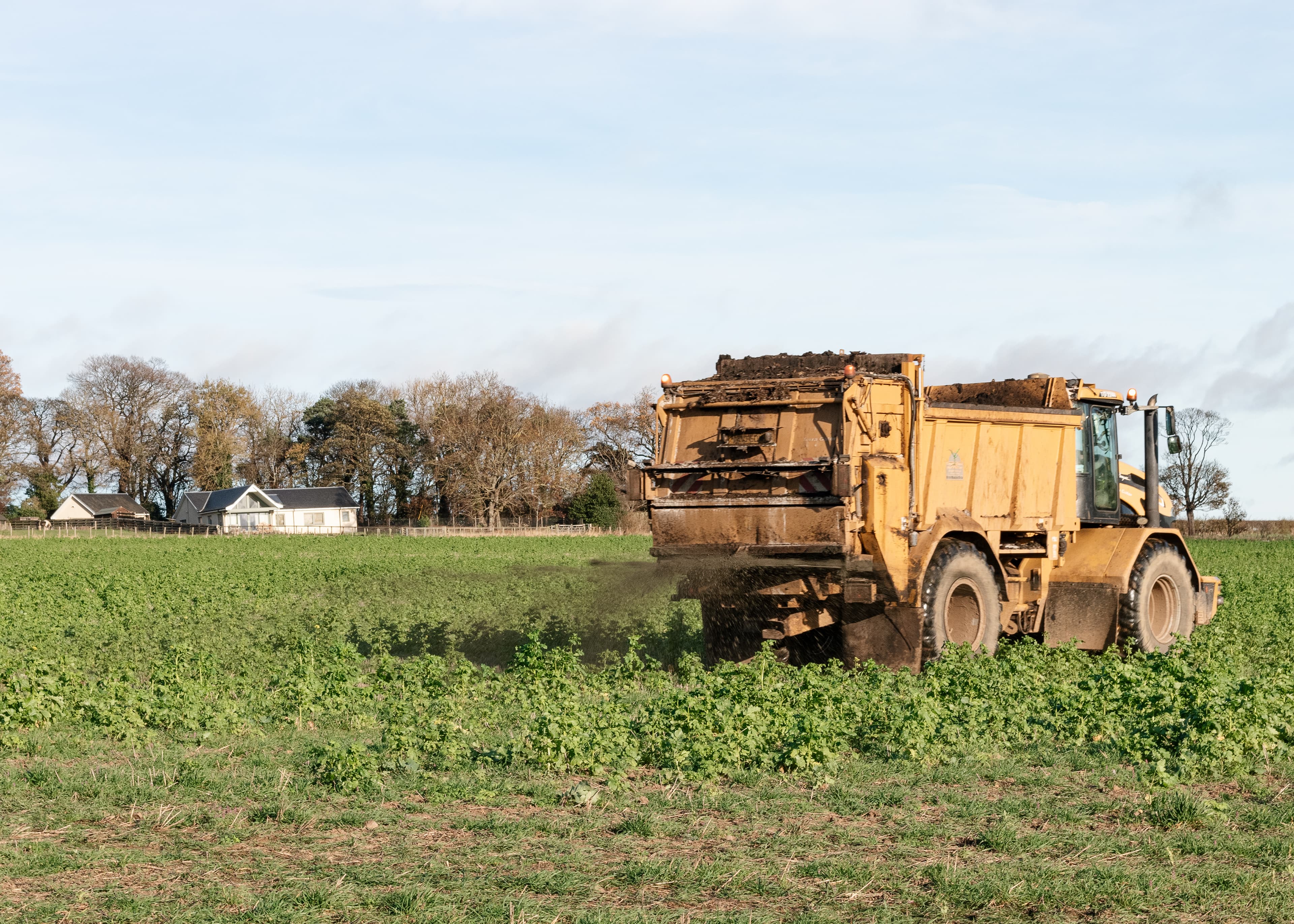
UNDO Enhanced Rock Weathering
A nature-based carbon removal technology that permanently locks away CO₂
Greenhouse Gas Destruction
Collection and destruction of refrigerants and potent non-CO2 greenhouse gases (GHGs)
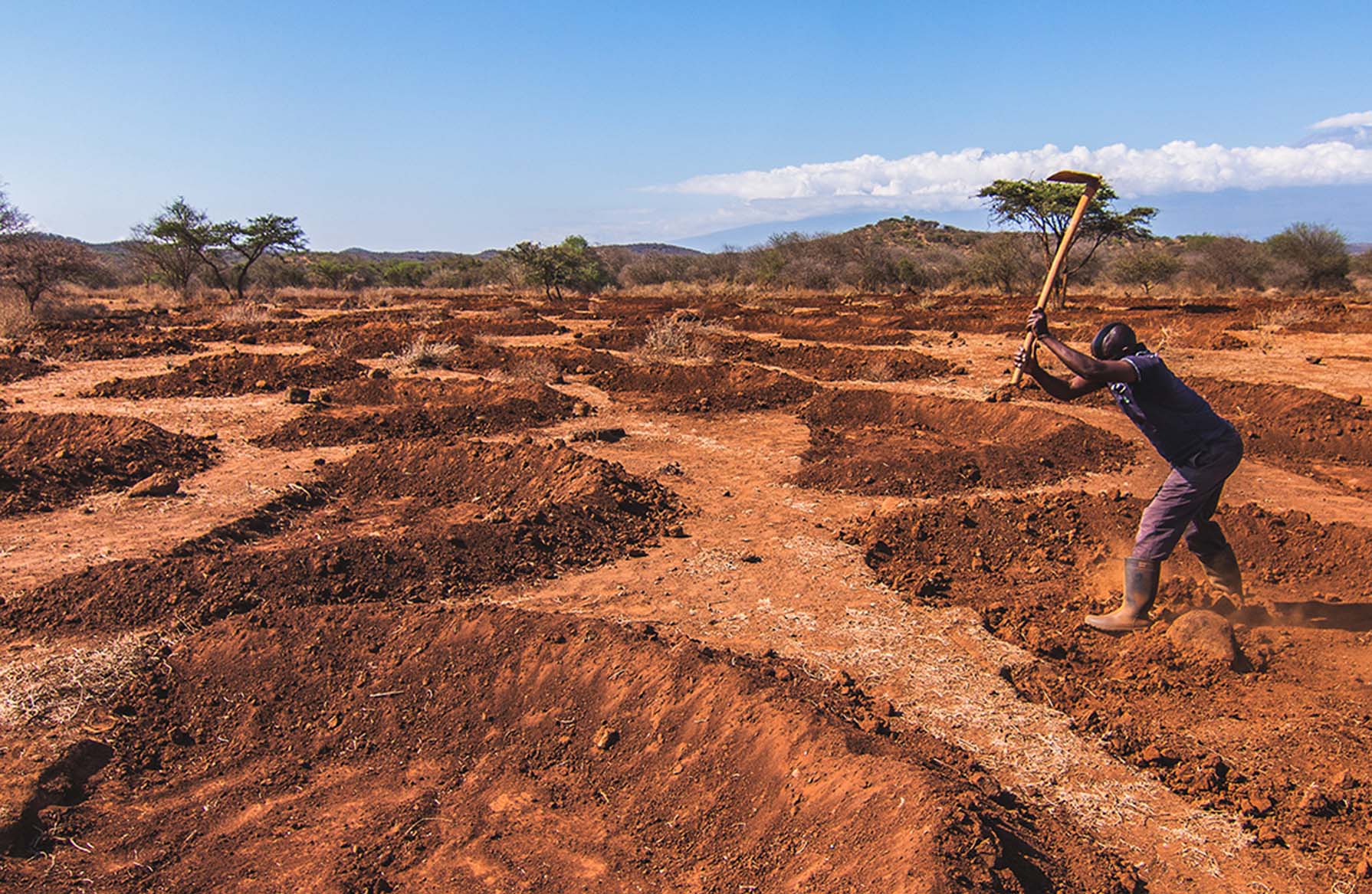
Rainwater harvesting - bunds
Restoring desertified, dry land using techniques including rainwater harvesting
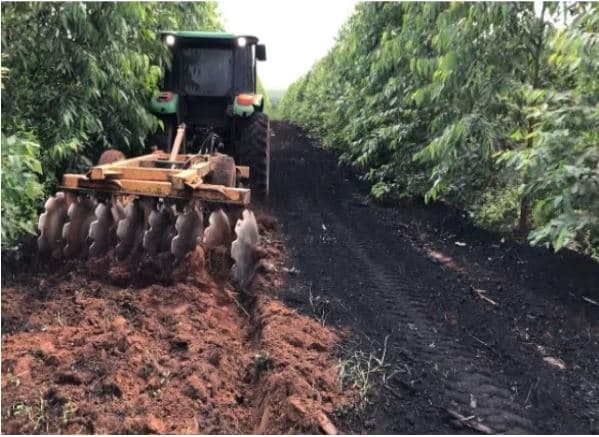
Aperam BioEnergia Biochar
Biochar project in Brazil, removing carbon and benefitting the soil and communities
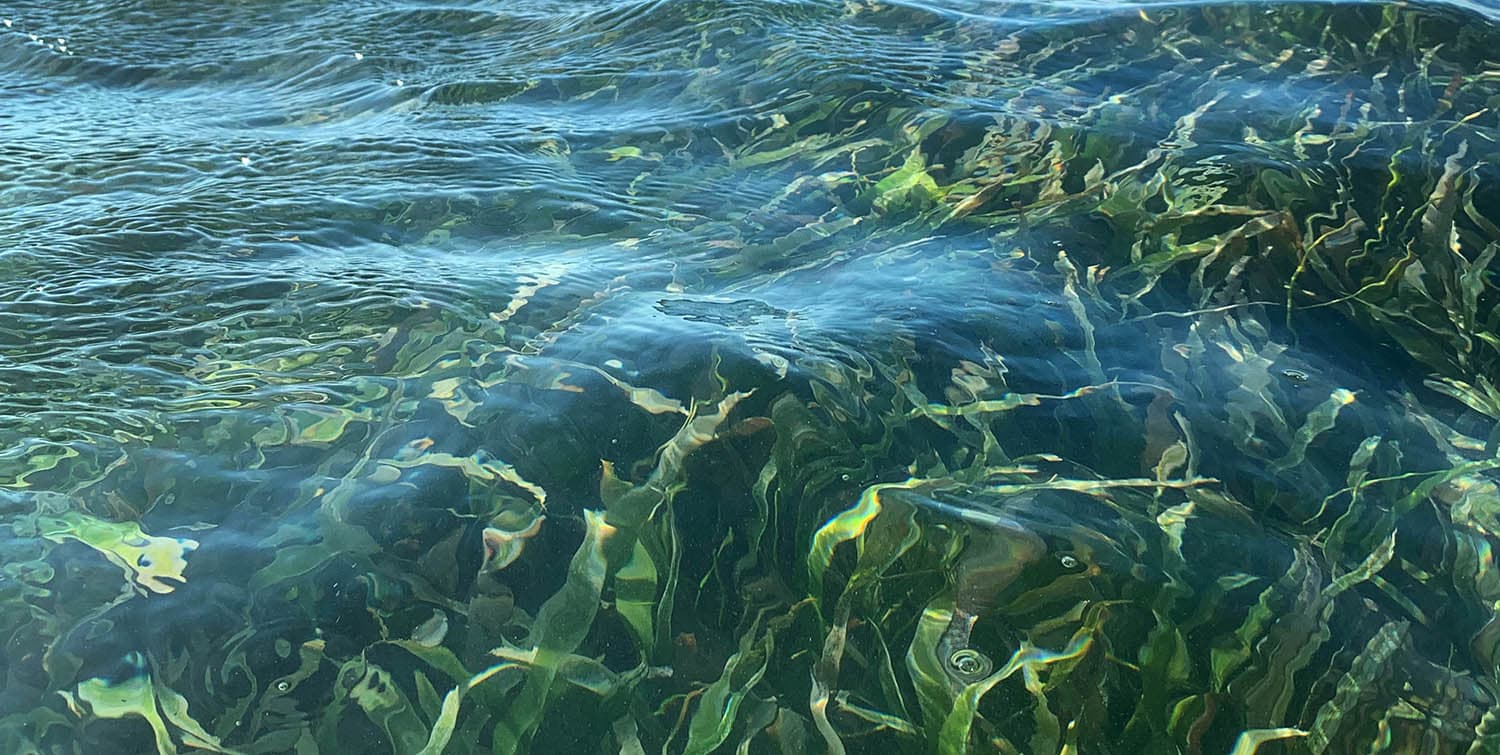
Seagrass and mangrove restoration
Planting and protecting seagrass meadows and mangrove propagules to sequester carbon
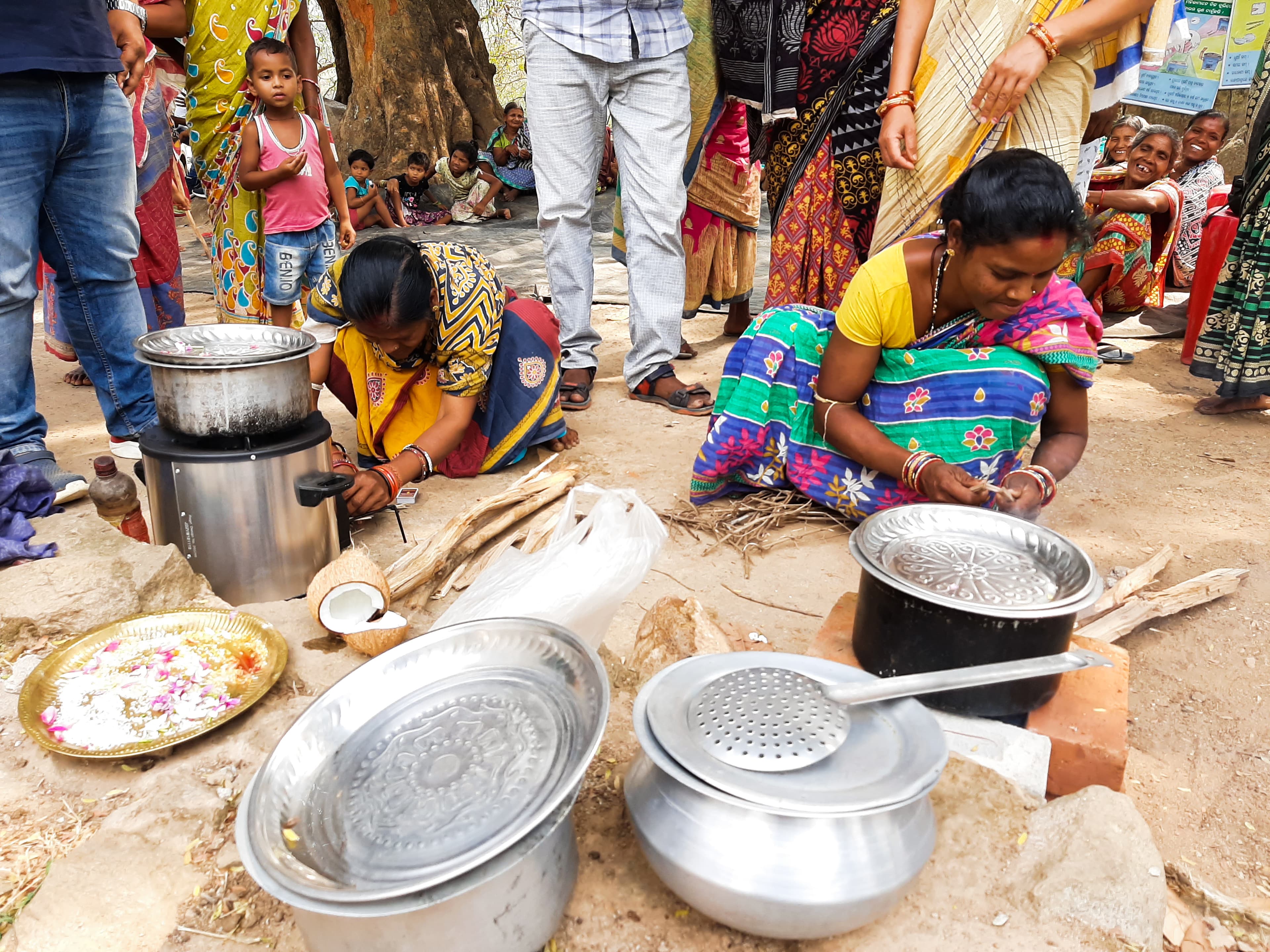
Fairtrade Improved cookstoves India
Fairtrade and Gold Standard - improved cookstoves for climate & health in Rural India
Our projects in detail
Find out more about our 6 high-quality carbon capture and removal projects located around the world
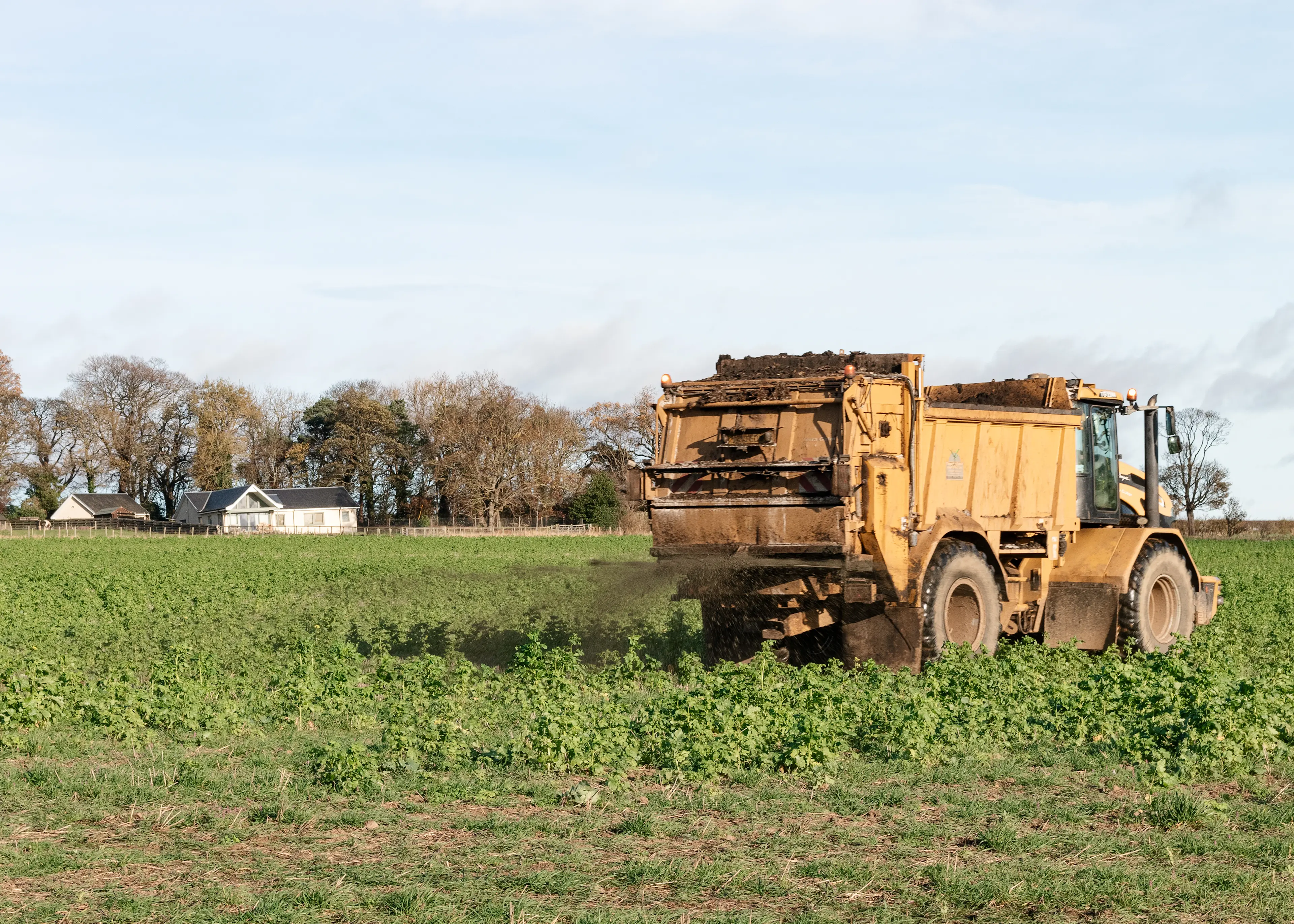
UNDO Enhanced Rock Weathering – UK
UNDO spreads crushed basalt rock on agricultural land, enhancing soil health while removing carbon dioxide from the atmosphere through a process called enhanced rock weathering. Enhanced rock weathering is a nature-based carbon removal technology that permanently locks away CO₂ from the atmosphere.
Find out more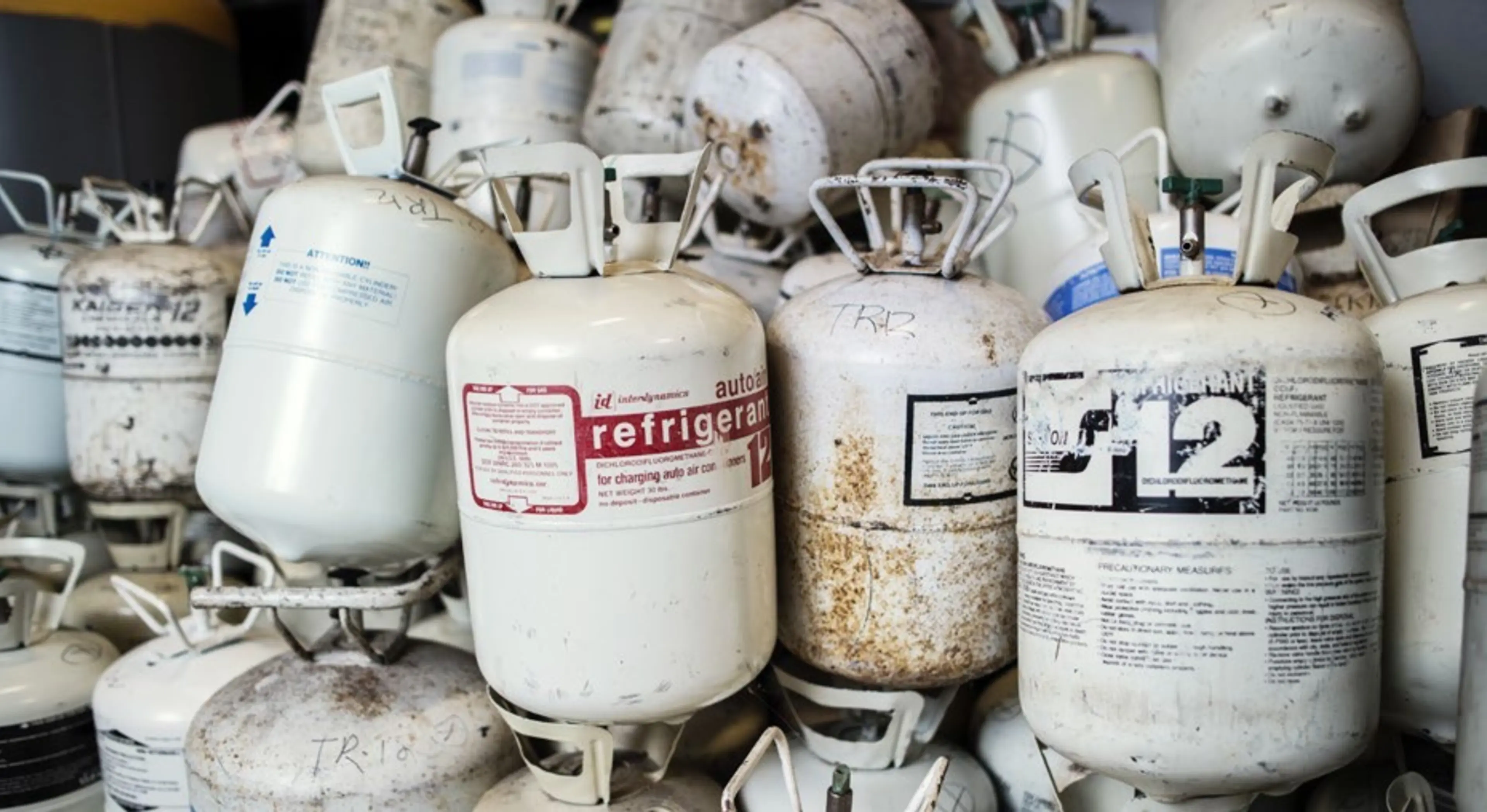
Greenhouse Gas Destruction
This project exists to improve the environment by collecting, controlling, and destroying refrigerants and halon fire suppressants, which are potent non-CO2 greenhouse gases (GHGs), some of which deplete the ozone layer. This collective activity seeks to prevent the annual release of at least 3 million tons of CO2 equivalent into the atmosphere and is critical to avoiding climate change. The Montreal Protocol effectively banned new production of ozone-depleting substances, but large volumes were produced before the ban, risking re-release into the atmosphere.
Find out more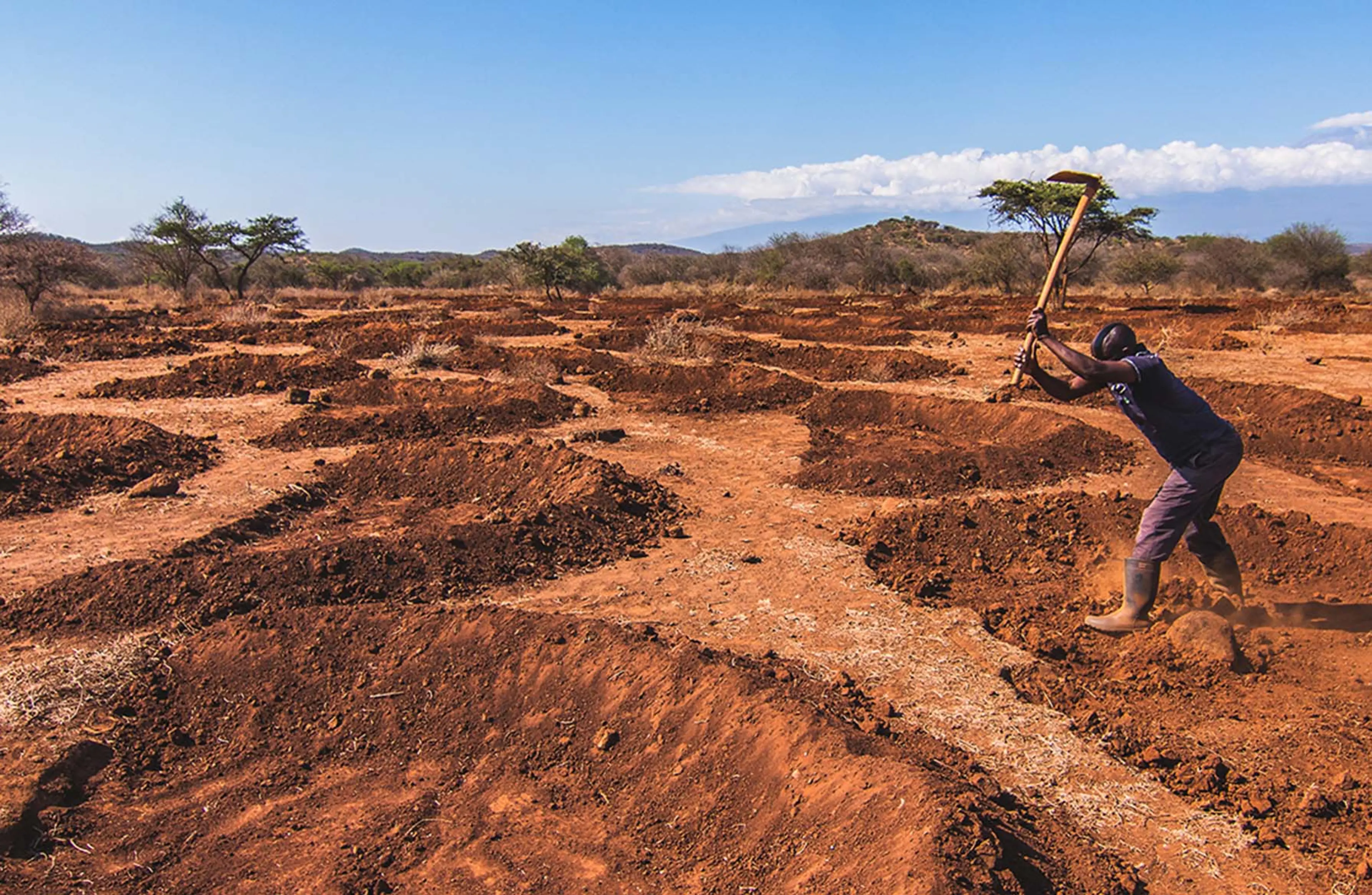
Regreening - Rainwater Harvesting – Water Bunds (Earth Smiles)
Nature-based solutions are now recognised as a key element of tackling climate change. This project restores desertified, dry land using proven techniques including rainwater harvesting (digging bunds, or ‘earth smiles’).
Find out more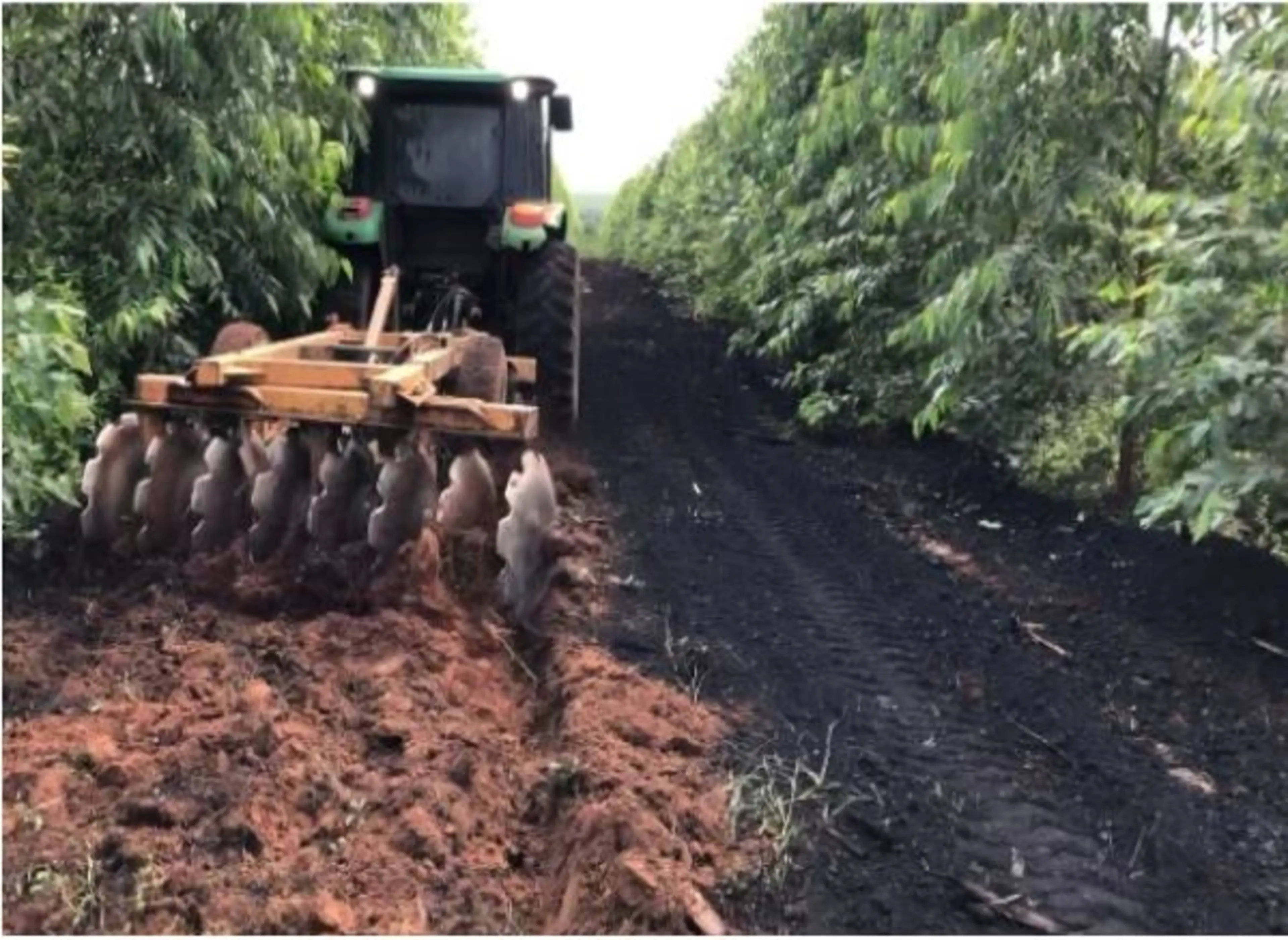
Aperam BioEnergia Biochar - Brazil
Aperam BioEnergia is a Brazilian player of the forest and renewable energy sector, that runs a ~420.000 ton/year charcoal operation with emissions control in the northeast region of Minas Gerais - Brazil, and holds ~156,000 ha of planted (FSC Certified) and native forest with important biodiversity and economical impact on local communities. Previously, part of the charcoal production that wasn’t being used in Aperam’s industrial process was sold to the market for energy applications, mostly to cement production industries. Now, with the Biochar project, the material is brought back to Aperam BioEnergia forests and applied to the soil, where it not only serves as a durable carbon removal from the atmosphere but also acts as an important natural component for soil characteristics, reconditioning and improvement. This change of baseline is only possible due to the carbon removal revenue.
Find out more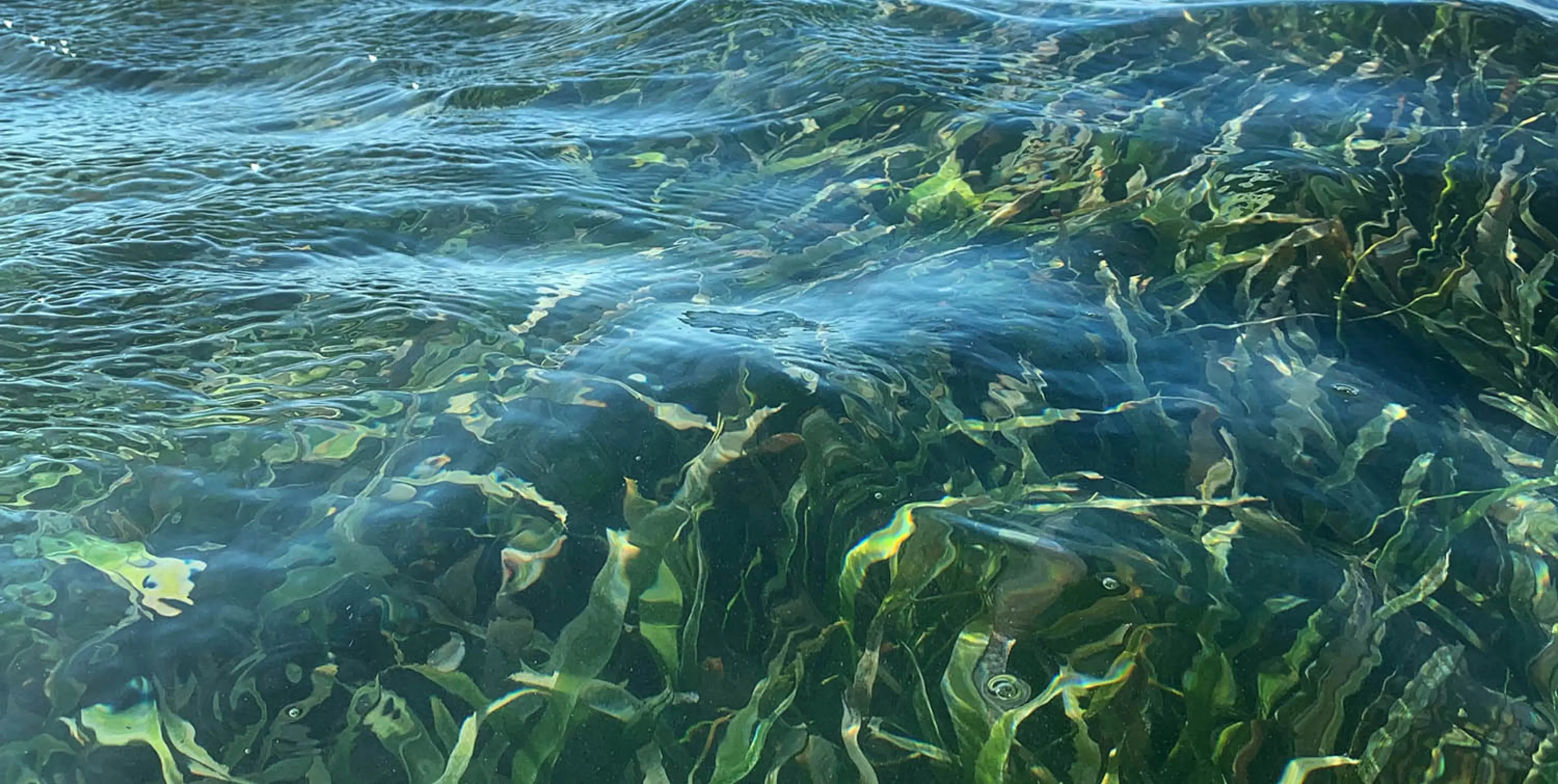
Seagrass and mangrove restoration Puerto Rico
Seagrass is a wonder plant. It takes carbon from the atmosphere up to 35 times faster than tropical rainforests. Sadly, seagrass, which is found in shallow waters of coastal regions, has been declining globally at a rate of about 7% a year since 1990 – we must reverse this trend. Planting and protecting seagrass meadows is one of the most effective ways we can tackle climate change. Mangroves another critical "blue carbon" ecosystem, store up to five times as much carbon, in their biomass and soils, as tropical upland forests. Mangroves - estimated since the 1950's to have decreased globally by 50% due to land use changes - are critical to protect and restore with a diverse array of holistic benefits to coastal habitats; acting as biodiversity hotspots with a vibrant array of species from shellfish to fish species finding shelter amongst their roots as juveniles. Whilst they are key to adaptation and resilience from increasing intensity and frequency of extreme weather events exacerbated by climate change, acting as natural barriers and stabling coastlines.
Find out more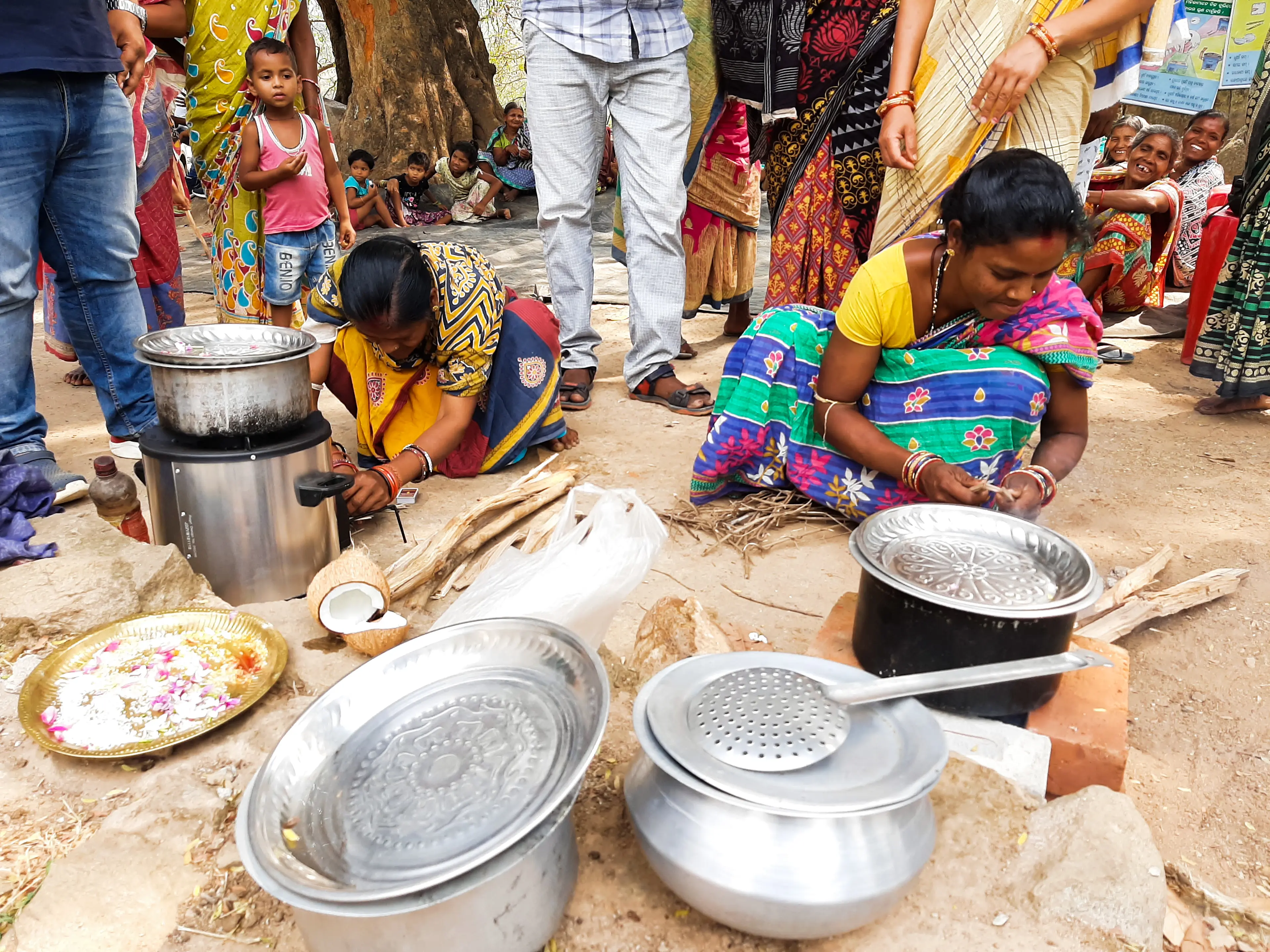
Fairtrade Improved cookstoves India
Bachat, meaning "savings" in Hindi, refers to saving fuel, money, and time, with the program focused on improving rural India's environment, health, and economy. The most populous country in the world, with 1.44 billion people, faces significant challenges due to widespread open-fire cooking, leading to greenhouse gas emissions, deforestation, and air pollution. Over a million people die annually from indoor air pollution. Climate change threatens rural communities reliant on small-scale agriculture, enhancing the need for climate resilience and female leadership.
Find out more